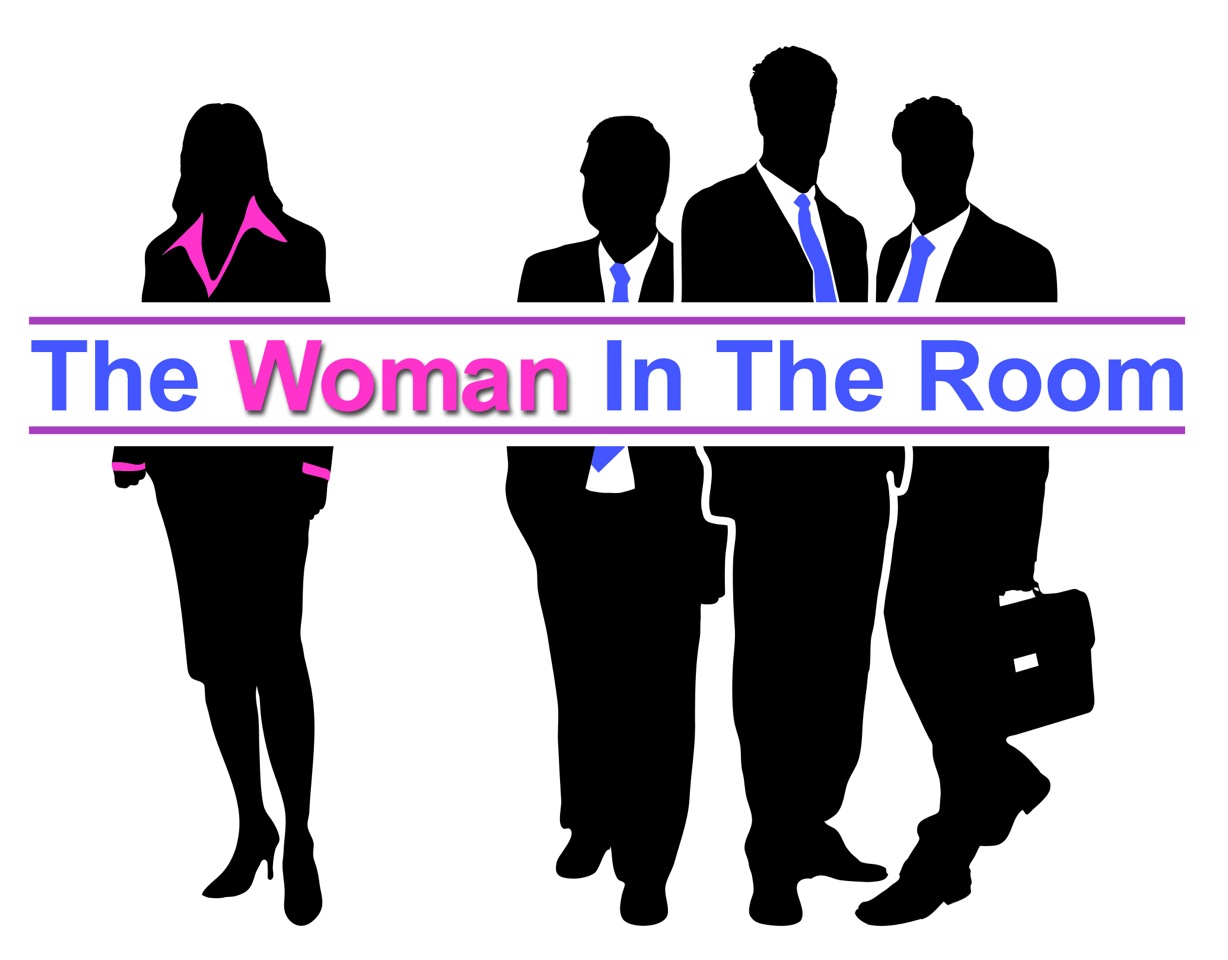The tagline to my website is “Empowering Women to Lead the Male-Dominated Workplace.” Since writing it, I’ve been amazed at how controversial this statement is. This is because as a society we created a controversy instead of simply understanding the different perspectives men and women have about empowerment.
First, let’s understand what empowerment means. I like the definition in Wikipedia: “Empowerment refers to policies and measures designed to increase the degree of autonomy and self-determination in the lives of people and in communities in order to enable them to represent their interests in a responsible and self-determined way, acting on their own authority.”
I like this definition because it uses the terms autonomy and self-determination. In my list of male and female balancing traits, I list Autonomy as the primary male trait. Men understand Autonomy – doing what they want, when they want based upon what they think is best. Men naturally think autonomously.
Men’s Autonomy allows them to empower themselves. As teenagers they couldn’t wait to turn 18 so they could become legal adults who no longer had to ask their parents for permission. Men believe that once they become a legal adult, they are fully empowered. Period.
Today, there is no reason why all women shouldn’t have this same attitude – that once we are an adult we are fully empowered. But many of us still don’t assume the empowerment that is rightfully ours. Part of the reason why is because we don’t have the same instinctual perspective about autonomy as men. We don’t see ourselves as an individual first. We see ourselves as part of a group. Unlike men, when we take action we recognize it impacts other people. Therefore we feel a need to check with others and validate that our action works within the group. We expect other people to give us feedback and tell us how the action we want to take impacts them. Women give us this feedback. Men however wonder why we are asking for permission or validation. To them, if we believe the action is what we need to do, then being autonomous and empowered we should just do it. If we ask for permission or validation, they will assume we see ourselves as teenagers and treat us as such.
In my senior year at Virginia Tech in the early 80’s I was explaining my career decision to an old male administrator. He got a very annoyed look on his face then yelled at me: “You’re free white and 21. You don’t need to explain what you are doing to me.” I was shocked by his statement for two reasons. The first was his obvious bigotry. The second is why I always remembered this moment. While I heard the statement before, I understood that it applied only to men because women based on gender had no rights or privileges of their own. In a shocking way, he told me I was fully empowered. He told me to think of my autonomy and self-determination exactly the same way any of my male peers would. I was a legal adult and I have every right to go out and live my life on my terms. Period.
And that is what I did. And my life on my terms put me in traditional male roles in one of the most male-dominated industries. Through my experiences I got to understand empowerment from both a male and female perspective.
Where women erode their inherent autonomy is in believing that we need laws, rules or policies to empower us. But, from a male perspective being empowered through permission makes empowerment an oxymoron. You can’t have self-determination if you have to ask to be granted self-determination. Our view of empowerment is backwards from how men understand and use their empowerment.
As women we need to reverse how we think of empowerment.
Once we turn 18 we are adults and therefore are fully empowered with the right to our own self-determination. It then takes laws, policies, rules and values to limit our autonomy and self-determination. This is how empowerment works in the male-dominated workplace. This is why we hear men at work say “It is better to ask for forgiveness than for permission.” Unless you are explicitly restricted in your action, you are free to act according to what you believe is best. Women have to understand this perception of autonomy and empowerment in order to be happy and successful in the male-dominated workplace. The women that do, love working in the male-dominated workplace. They don’t create barriers that don’t really exist. The women that don’t get it, unknowingly hold themselves back.
Being empowered also means accepting yourself for who you are and knowing your value. This is how society truly works against empowering women in the workplace.
Our society values stereotypical or traditional male traits more than female traits. This is especially true in the workplace. Men don’t have to question their value or right to empowerment. But, for women, it is a constant reminder that the traits they naturally feel are inferior. If we empower who we naturally believe we are, then, we are empowering inferiority. This deters women from feeling the same empowerment men take for granted. After all who wants to stand up and proclaim “This is who I am and I am proud to be inferior!”?
The reason I started speaking out on empowering women is to tell women that our natural traits are not inferior in the workplace. Who we naturally are is powerful and very much needed in the male-dominated workplace.
From my experience I know that in today’s complex workplace, female traits are the most powerful and most underutilized tools the male-dominated workplace has at its disposal. Throughout my career I’ve proven that when I added my female traits to my male-dominated workplaces, performance soared. I know our female traits are the keys to success the male-dominated workplace has struggled for decades to find.
So, the foremost “measure” society needs to take to empower women is to stop promoting male traits as the be-all, end-all in the workplace. We must stop the constant messaging telling women that they must identify with traits our society labels as “male” in order to be successful.
Male traits represent only half of the equation. The other half is female traits. We must recognize that men and women are designed to work together, in balance and only when both sets of traits are present can there be sustained superior performance.
No law, rule, policy or other person can empower women as much as our own attitudes and perceptions. As women we must embrace who we are and understand how everything that we are told is “wrong” about us is actually right, valuable, powerful and transformative. Then we must grab ahold of our full empowerment that has just been sitting over there in the corner getting dusty. No one else is going to pick it up, dust it off and hand it to us. We don’t have to ask anyone’s permission and we shouldn’t assume we have to run through a blockade of men to get it. It is completely your choice as to whether or not you pick it up. It is completely your choice how you use it in your life. And because these are your choices, you are empowered.
Empowered Women Chose To Use Their Inherent Empowerment
Contact me to receive new articles
And don’t forget to share!

